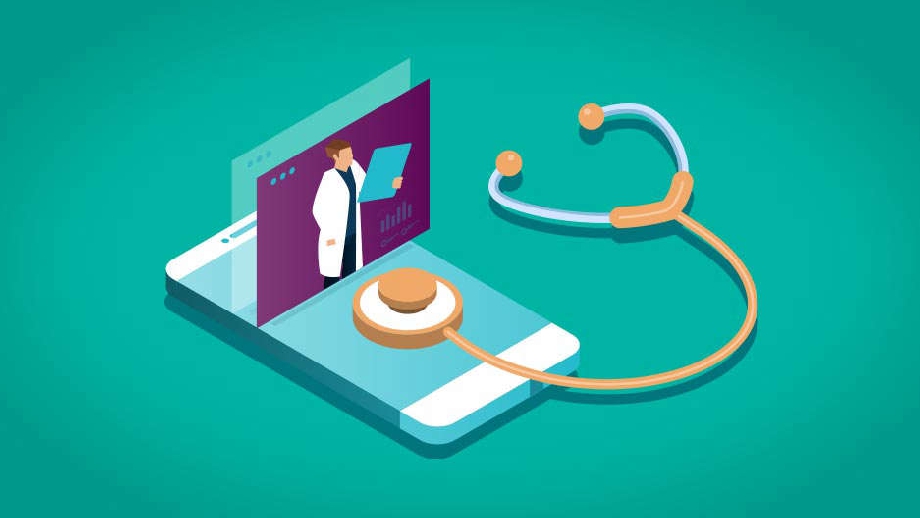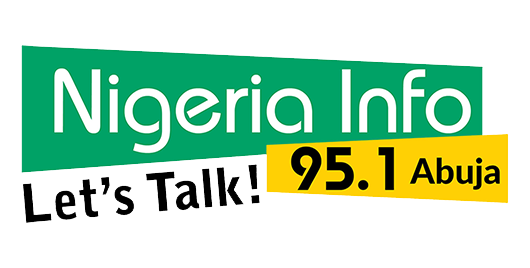
A "post-truth era" refers to the idea that objective facts and rational arguments are becoming less influential in shaping public opinion compared to emotions and personal beliefs.
While this phenomenon may have several implications on various aspects of society, one concerning issue is its effect on health communication. With misinformation easily spreading through social media and online platforms, many individuals are being misled about crucial healthcare information. As such, it is important for credible sources and fact-checking resources to combat this trend to promote accurate health information among the public.
The Characteristics of a Post-Truth Era
In this current post-truth era, we are experiencing a significant shift in the way information is disseminated and consumed. With advancements in technology and the rise of social media, traditional methods of communication have transformed into digital platforms where misinformation can easily spread. This has had a major impact on health communication as false information regarding various health topics can quickly go viral and cause harm to individuals who may believe it to be true. The characteristics of this post-truth era include an overwhelming amount of information, polarizing viewpoints, and difficulty distinguishing fact from fiction. It will continue to be a challenge for society to navigate through this new age of information while promoting accurate and reliable sources for better overall health outcomes.
The Impact on Public Perception of Health Information
In today's post-truth era, where the spread of misinformation is a growing concern, health communication has become increasingly important. With the rise of digital media and easy access to information, there has also been an increase in health misinformation. This can have a significant impact on public perception of health information as people are often influenced by what they read or see online. It is essential for credible sources to provide accurate and evidence-based information to combat the spread of false health claims and promote informed decision-making among individuals. The way we consume and interpret health information in this digital age plays a crucial role in shaping our perceptions of various healthcare topics.
There is a growing concern about how personal beliefs and emotions can shape individuals' attitudes toward health content. The spread of health misinformation through online platforms has raised questions about the credibility and reliability of such information. It highlights the significant role that emotions play in determining one's acceptance or rejection of health-related messages. With increasing awareness of the impact of individual beliefs on personal well-being, health communicators need to recognize these factors while designing content to ensure accurate and effective dissemination during this digital era.
The Role of Trust and Credibility
In this post-truth era, the erosion of trust in traditional sources of information has had a significant impact on public health perception. With the rise of digital media and social networks, there is an abundance of health misinformation circulating online, making it difficult for individuals to discern what is accurate and trustworthy. This has created challenges for health communication as people may be influenced by false or biased information when making decisions about their health.
Therefore, to rebuild trust in credible sources and professionals, various strategies can be implemented. These include improving transparency by providing evidence-based information, engaging with audiences through interactive content, involving trained healthcare providers to debunk false claims, and building partnerships with reputable organizations. By utilizing these strategies, we can combat the spread of misinformation and promote a healthier society in this digital age.
The Need for Media Literacy and Education
Media literacy equips individuals with critical thinking skills to assess the credibility of sources and identify bias or manipulation tactics used in health communication. Education on this topic can arm people with knowledge on how to protect themselves against misleading or harmful information, leading them to make informed decisions about their health. It plays an essential part in promoting public health by ensuring individuals have access to reliable resources and are equipped to make educated choices that positively impact their well-being amidst the ever-evolving digital landscape.
In the current post-truth era, where health misinformation is prevalent on digital platforms, it has become imperative for initiatives and programs to be developed to enhance public health literacy. These efforts focus on improving health communication through various means such as campaigns and educational materials that are easily accessible to the general population. By promoting accurate information and a better understanding of health-related issues, these initiatives aim to combat false narratives and promote well-informed choices for individuals' overall well-being.
Conclusion
In conclusion, health communication faces a unique challenge – the rise of health misinformation in a post-truth world. With the spread of false information on social media and other online platforms, it has become increasingly difficult to discern fact from fiction when it comes to health-related topics. This can lead to dangerous consequences as people may make decisions about their health based on inaccurate or misleading information. It is important for individuals and organizations in the healthcare industry to actively combat this issue by promoting reliable sources and staying vigilant against fake news.


